Using in vitro models to study human brain evolution and diseaseCSAR lecture by Dr. Madeline Lancaster, MRC Laboratory of Molecular BiologyThe human brain is…
Category: evolution – Page 31
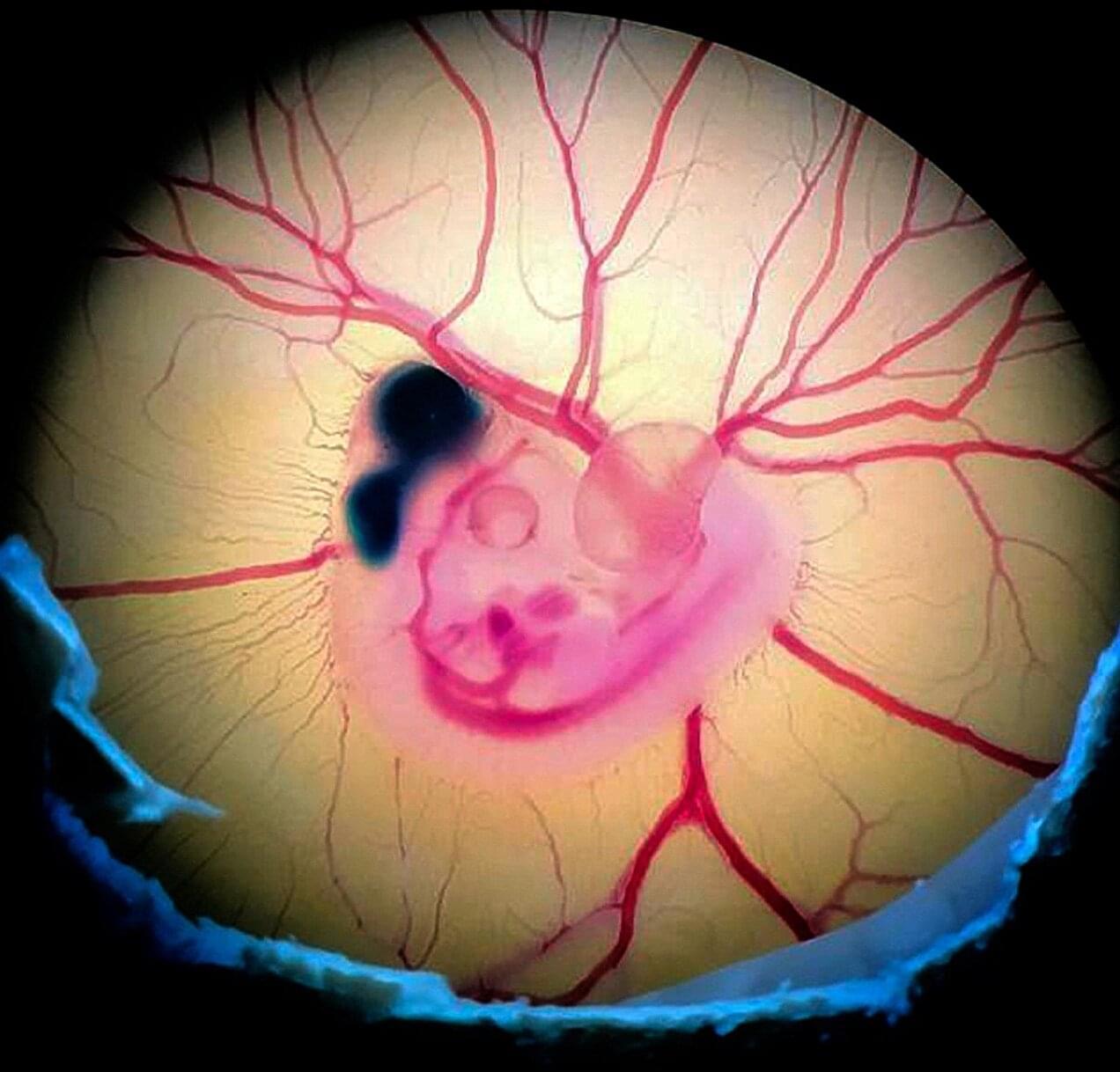
Birds have developed complex brains independently from mammals, studies reveal
Two studies published in the latest issue of Science have revealed that birds, reptiles, and mammals have developed complex brain circuits independently, despite sharing a common ancestor. These findings challenge the traditional view of brain evolution and demonstrate that, while comparable brain functions exist among these groups, embryonic formation mechanisms and cell types have followed divergent evolutionary trajectories.
The pallium is the brain region where the neocortex forms in mammals, the part responsible for cognitive and complex functions that most distinguishes humans from other species. The pallium has traditionally been considered a comparable structure among mammals, birds, and reptiles, varying only in complexity levels. It was assumed that this region housed similar neuronal types, with equivalent circuits for sensory and cognitive processing.
Previous studies had identified the presence of shared excitatory and inhibitory neurons, as well as general connectivity patterns suggesting a similar evolutionary path in these vertebrate species.
Sex as a formality: Study shows male stick insects have lost their reproductive function
While most animals reproduce sexually, some species rely solely on females for parthenogenetic reproduction. Even in these species, rare males occasionally appear. Whether these males retain reproductive functions is a key question in understanding the evolution of reproductive strategies.
A new study published in Ecology by a research team led by Assistant Professor Tomonari Nozaki from the National Institute for Basic Biology, Professor Kenji Suetsugu from Kobe University, and Associate Professor Shingo Kaneko from Fukushima University provides insight into this question. The researchers focused on the rare males of Ramulus mikado, a stick insect species in Japan, where parthenogenesis is predominant. Their analysis of male reproductive behavior reveals new findings.
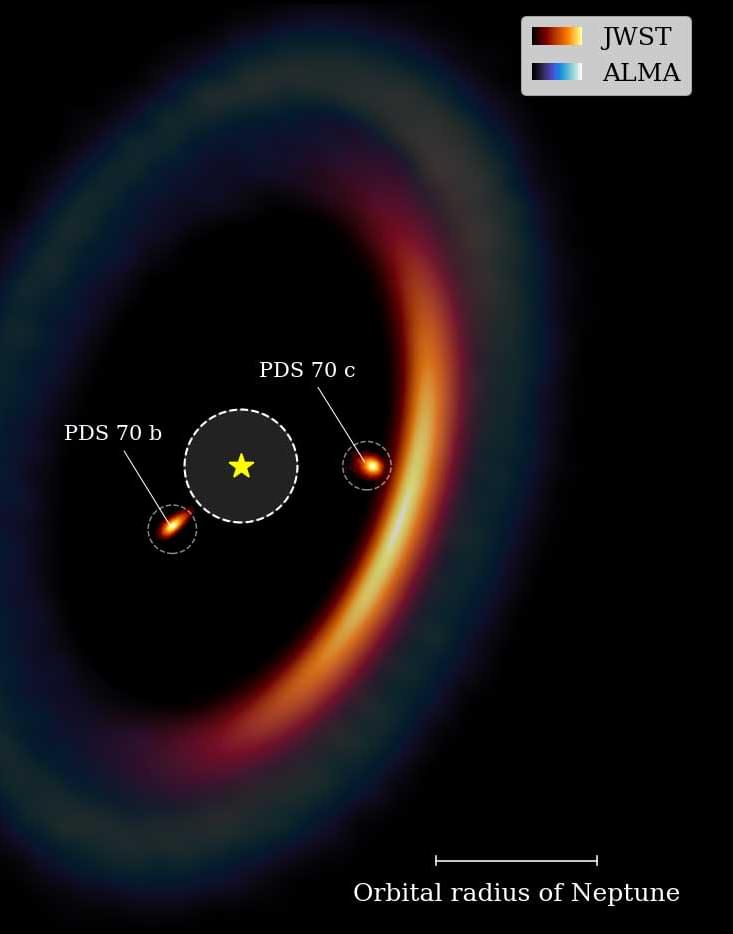
Witnessing the birth of planets: Webb provides unprecedented window
An international team of researchers, including those from the University of Michigan, have used the James Webb Space Telescope (JWST) to witness the birth of planets around the young star system PDS 70.
PDS 70, located 370 light years away, is about 5 million years old and is one of the most extensively studied young stellar systems. It is the only known protoplanetary disk system where multiple planets have been detected within the disk from which they are forming.
This system allows scientists to observe planet formation and evolution in their early stages. In PDS 70, a disk of gas and dust surrounds the star with a big gap in the middle where two planets, PDS 70 b and PDS 70 c, form. This gap acts as a planetary construction zone, where the new worlds gather material to grow.
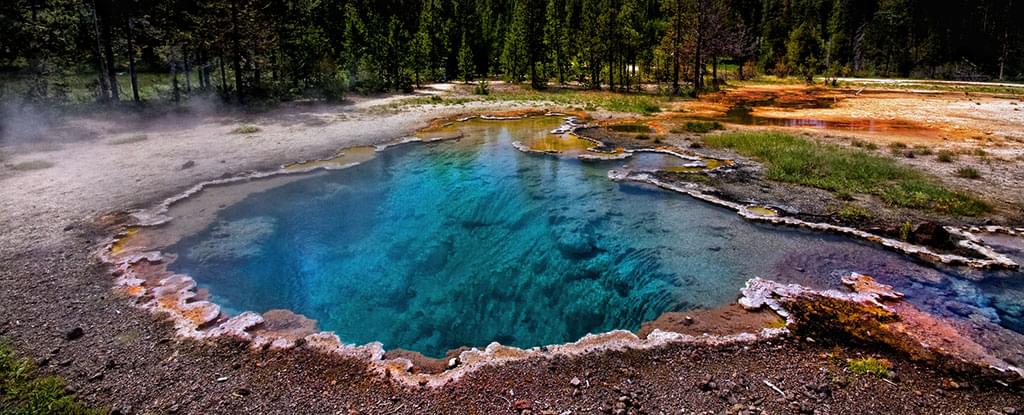
Yellowstone’s Super-Hot Water May Hold The Secrets of Earth’s First Breath
Microbial life in Yellowstone’s Lower Geyser Basin may hold clues to the evolution of life’s exploitation of oxygen, according to a recent analysis by researchers from Montana State University.
T he inhabitants of the basin’s Octopus and Conch Springs live in kelp-like, gelatinous ‘streamer’ structures that wiggle furiously in superheated currents, which hover around 88 degrees Celsius (190 degrees Farenheit). Genetically similar to ancient bacteria and archaea, t heir existence is a window into the primordial soup from which life emerged.
While these microbial communities share many traits, the springs’ environments are different in a few fundamental ways.
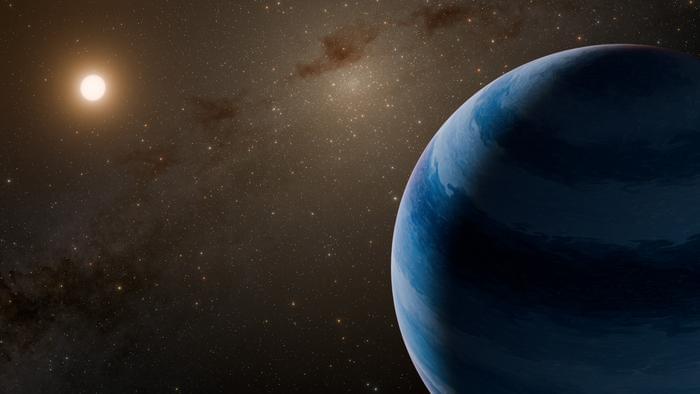
First Ever Planet Orbiting a Hypervelocity Star Found in Our Galaxy
How fast can solar systems orbit our Milky Way Galaxy? This is what a recent study published in The Astronomical Journal hopes to address as an international team of researchers confirmed the existence of a star and exoplanet companion orbiting within the Milky Way’s galactic bulge that could be the fastest orbiting exoplanet system ever found. This study has the potential to help scientists better understand the formation and evolution of exoplanetary systems throughout the Milky Way and potentially beyond.
For the study, the researchers analyzed data from a 2011 study published in The Astrophysical Journal comprised of some of the same team that used the microlensing method to identify the existence of two objects orbiting near the Milky Way’s galactic bulge, which is a region containing a high-density number of stars. At the time, those researchers hypothesized the objects were either a gas giant with an exomoon or a fast-moving exoplanetary system. The researchers on this recent study deduced that the objects consisted of a star approximately 20 percent the size of our Sun and an exoplanet approximately 30 times the size of Earth.
But the surprise was finding out the pair’s speed by comparing their 2011 location to its 2021 location, which the team estimated is traveling at approximately 600 kilometers per second (372 miles per second), or approximately 2.1 kilometers per hour (1.3 million miles per hour). At this speed, the objects will leave the Milky Way millions of years from now since it surpasses our galaxy’s escape velocity. For context, our solar system is orbiting our Milky Way at approximately 828,000 kilometers per hour (515,000 miles per hour).
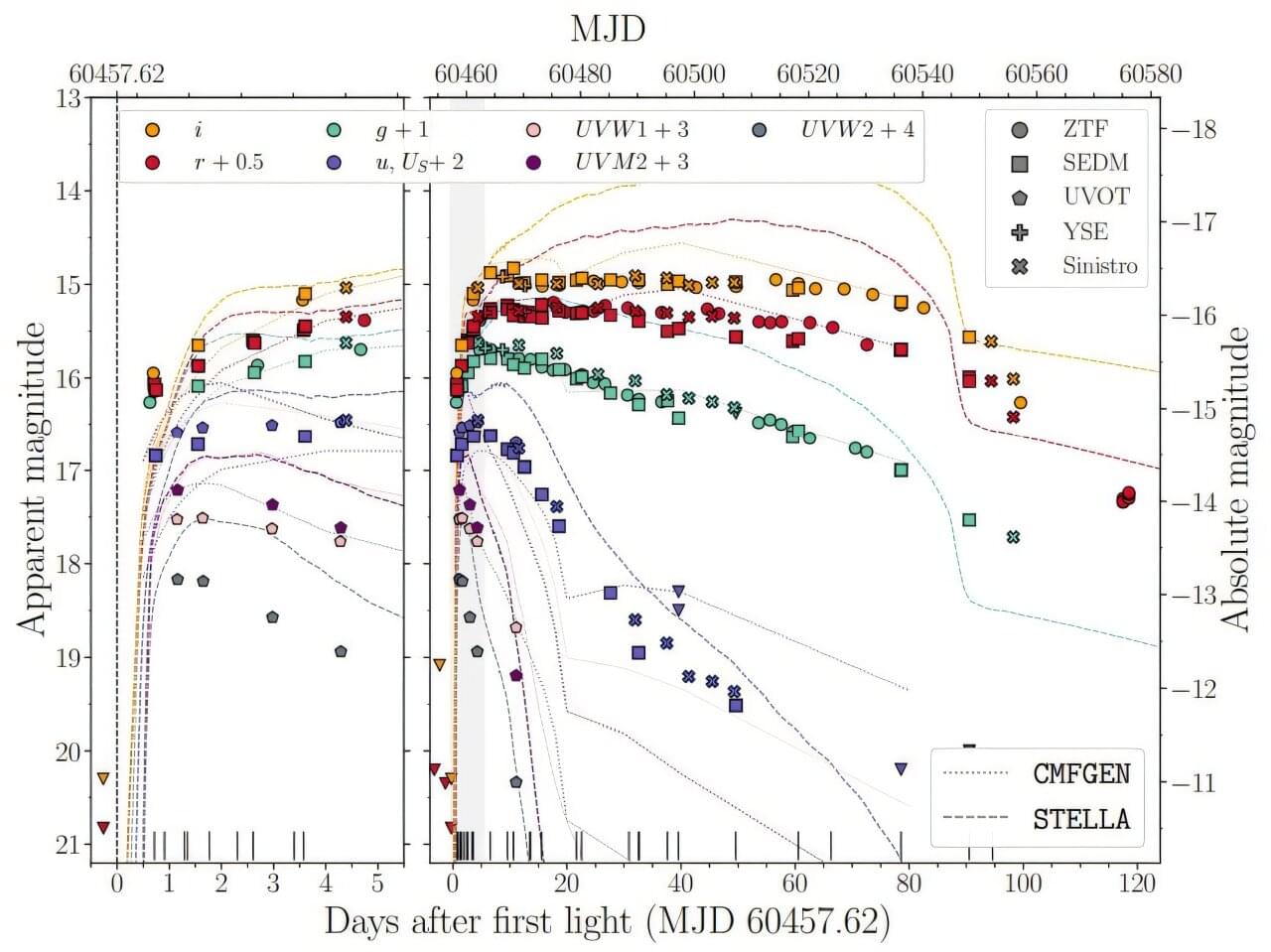
Astronomers investigate the evolution of a newly detected supernova
An international team of astronomers has investigated a newly detected Type II supernova designated SN 2024jlf. The new study, detailed in a paper published Jan. 30 on the arXiv pre-print server, yields important information regarding the evolution of this supernova and the nature of its progenitor.
Type II supernovae (SNe) are the results of rapid collapse and violent explosion of massive stars (with masses above 8.0 solar masses). They are distinguished from other SNe by the presence of hydrogen in their spectra.
Based on the shape of their light curves, they are usually divided into Type IIL and Type IIP. Type IIL SNe show a steady (linear) decline after the explosion, while Type IIP exhibit a period of slower decline (a plateau) that is followed by a normal decay.
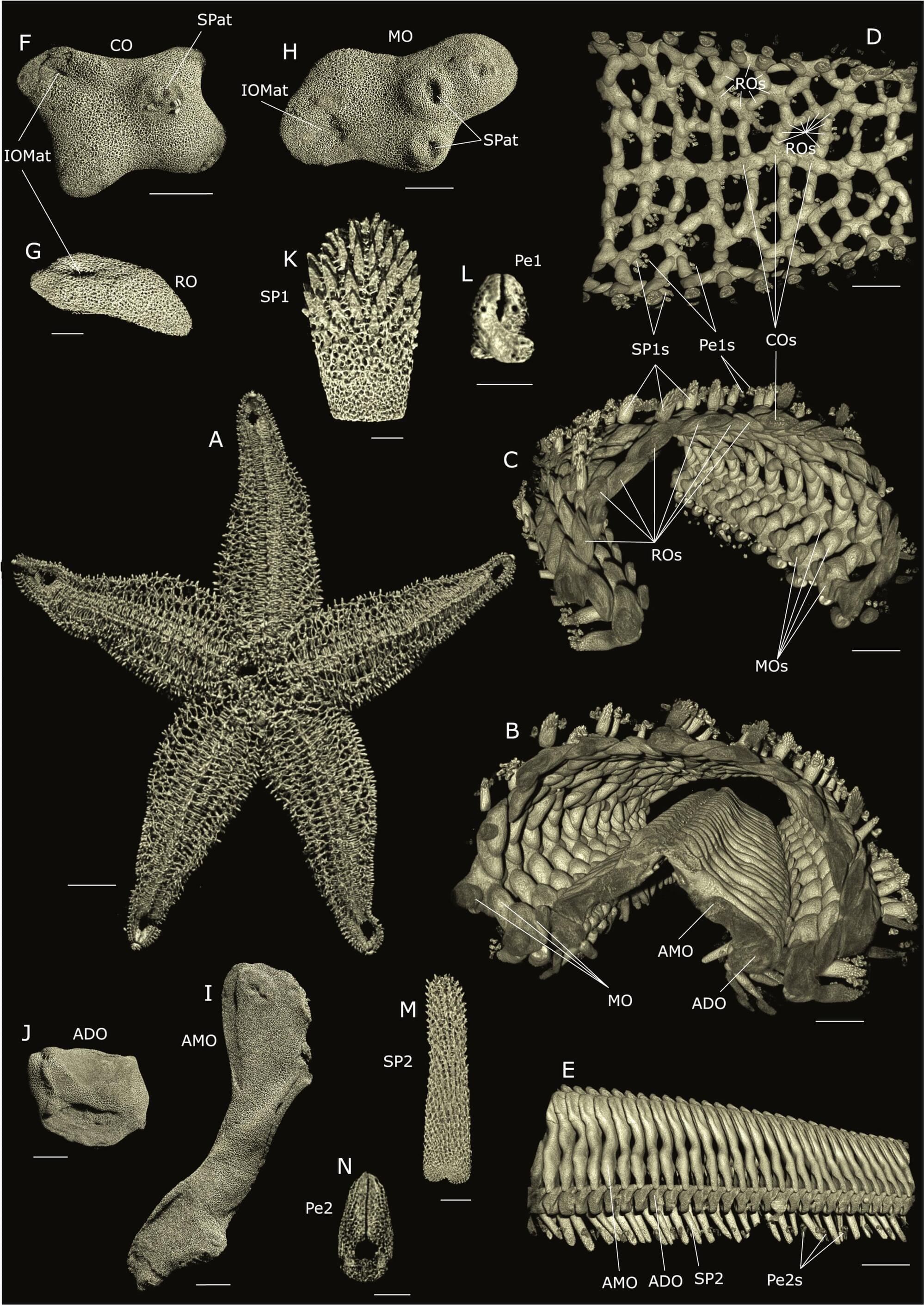
Starfish skeletons provide key insights into bone evolution
Researchers at the Biomimetics-Innovation-Center, Hochschule Bremen—City University of Applied Sciences, have made pioneering discoveries about how mechanical stress shapes the ultrastructure of starfish skeletons. Published in Acta Biomaterialia, their study delivers the first in-depth analysis of how starfish skeletons respond to varying stress conditions, revealing new insights into the evolutionary mechanisms that drive skeletal adaptation.
While starfish are widely recognized—especially thanks to pop-culture icons like Patrick Star in SpongeBob SquarePants—their remarkable internal structure often goes unnoticed. Sharing an evolutionary lineage with vertebrates, starfish serve as powerful models for studying the development of endoskeletons.
Their skeletons consist of thousands of small, bone-like elements called ossicles, which feature a complex, porous structure strikingly similar to human and other vertebrate bones. According to lead author Raman and colleagues, these ossicles exhibit microstructural adaptations that mirror the mechanical loads they experience, demonstrating a universal principle of stress adaptation.

Protostar and It’s Evolution
Star formation begins in the molecular cloud where each dense core is initially in a balance between self-gravity, which tends to compress the object, and both gas pressure and magnetic pressure, which tend to inflate it.
Since the mass of the Milky Way galaxy is about 1011 M⊙ and its age is about 1010 years, we can calculate that at present, new stars are forming in the molecular cloud of the Milky Way at a rate of about three M⊙ per year.
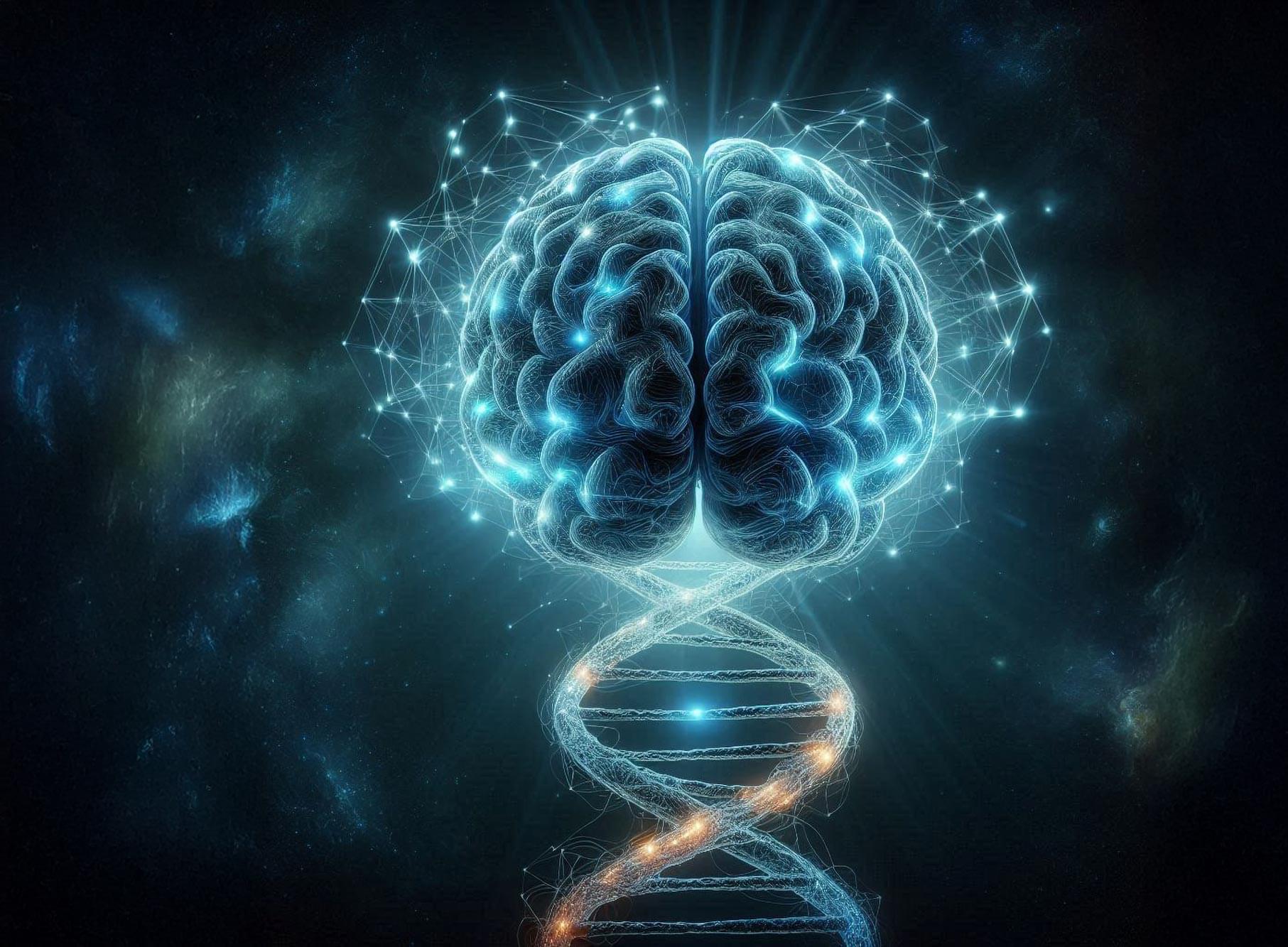
Yale Scientists Just Cracked the DNA Code That Built the Human Brain
Scientists explored Human Accelerated Regions (HARs), genetic regulators that tweak existing genes rather than introducing new ones. Using cutting-edge techniques, they mapped nearly all HAR interactions, revealing their role in brain development and neurological disorders like autism and schizophrenia.
Decoding the Genetic Evolution of the Human Brain
A new Yale study offers a deeper understanding of the genetic changes that shaped human brain evolution and how this process differed from that of chimpanzees.